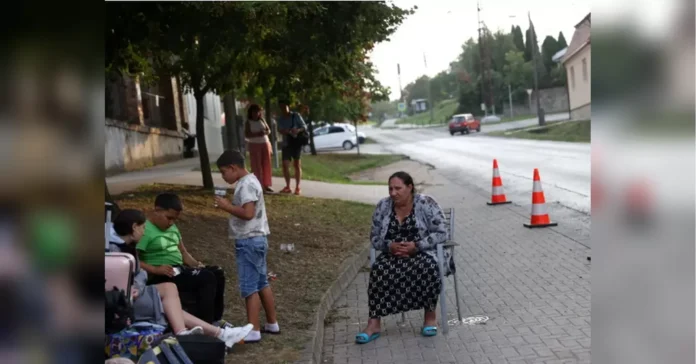Rules for Granting Subsidies for Refugees’ Housing Tightened
The recent influx of refugees around the world has put a strain on many countries’ resources and has sparked heated debates on immigration policies. As a result, governments are constantly adjusting their regulations to better manage the situation. In a recent move, the rules for granting subsidies for refugees’ housing have been tightened, causing concerns among both refugees and humanitarian organizations.
In the past, refugees who were unable to afford housing were able to receive financial aid from the government in the form of subsidies. This assistance was crucial for many families who had fled their home countries due to conflicts or persecution. However, with the increase in the number of refugees, governments are now facing challenges in meeting the growing demand for housing subsidies.
The new rules, which have been implemented in many countries, aim to ensure that only those who truly need the help receive it. The changes in the eligibility criteria are seen as a way to prevent abuse of the system and to better allocate resources. One of the major changes is that refugees must now provide more detailed documentation to prove their need for the subsidy. This includes proof of income, bank statements, and rental agreements or contracts. This additional paperwork has caused a great deal of frustration and confusion among refugees, many of whom do not have access to such documents or struggle to provide them due to language barriers.
Moreover, the new regulations also require refugees to undergo a more thorough screening process. This includes interviews and background checks, which can be time-consuming and can delay the application process. These stricter measures have caused delays in the disbursement of subsidies, leaving many refugees in limbo and unable to secure stable housing.
The tightened rules have also led to concerns among humanitarian organizations who provide aid and support to refugees. Many fear that these changes will only worsen the living conditions of already vulnerable individuals and families. With limited resources and funding, these organizations are struggling to provide basic necessities such as food, shelter, and medical care to refugees. The stricter regulations on subsidies only add to their financial burdens and divert their attention and resources from other crucial needs.
However, proponents of the tightened rules argue that they are necessary in order to prevent abuse of the system and to prioritize those in most need. They also highlight the importance of proper documentation and screening to ensure that the subsidies reach those who truly need them. Many governments have also pointed out that they are facing financial challenges and must carefully manage their budgets.
While the intentions behind the stricter regulations may be well-meaning, it is important to consider the impact they have on refugees. These individuals and families have already gone through traumatic experiences and have fled their homes in search of safety and stability. The additional barriers and delays in receiving subsidies only add to their already difficult journey.
Furthermore, the tightened rules may also have long-term consequences for refugees. Without proper financial support, they may struggle to find and maintain stable housing, leading to a cycle of poverty and dependency on welfare programs. This can also hinder their integration into their new communities and make it more difficult for them to rebuild their lives.
In conclusion, the recent changes in the rules for granting subsidies for refugees’ housing have caused concern and frustration among refugees and humanitarian organizations. While the aim may be to better manage resources, it is important for governments to also consider the impact on those in need. There is a delicate balance between preventing abuse of the system and providing necessary support to vulnerable individuals and families. It is crucial for governments to continuously reassess and adjust these regulations to ensure that the most effective and humane approach is taken towards helping refugees in their time of need.

